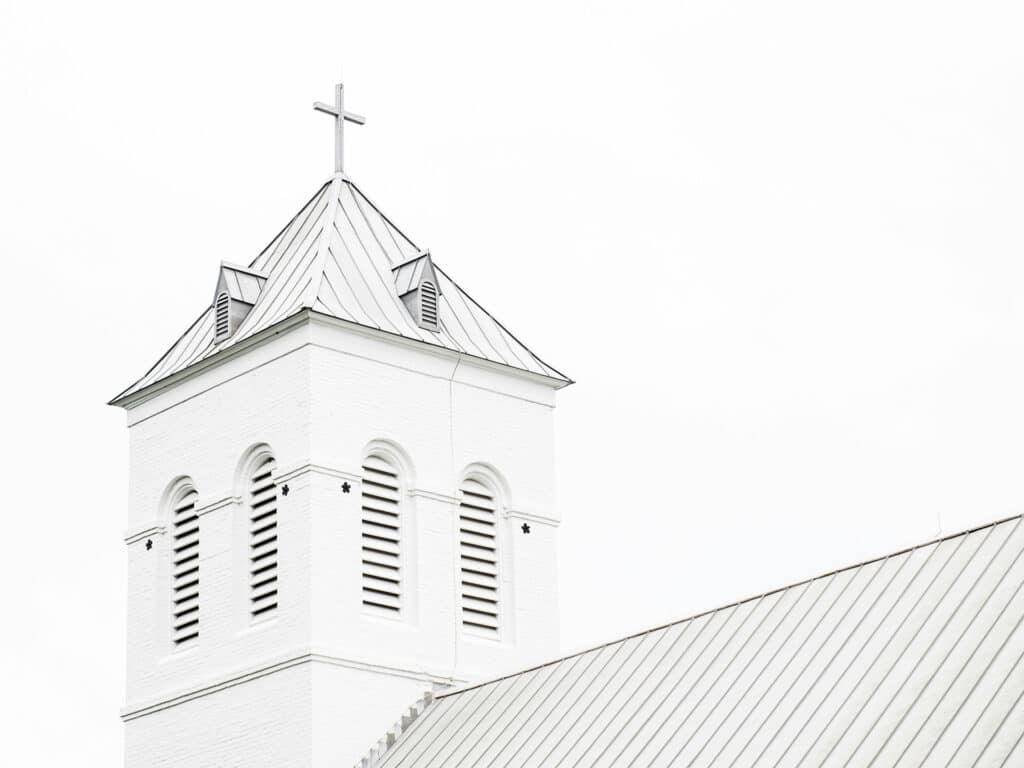As we approach the summer there are a couple of patriotic celebrations on the calendar. Memorial Day is at the end of May and Independence Day is in July! On Memorial Day we recognize the sacrifice of those who died in military service for our freedom. The 4th of July is more than watermelon and fireworks. It is a joyful celebration recognizing the beginning of the American experiment of liberty that was unknown 235 years ago. While our republic is not perfect, it is the best attempt at allowing self-government. Being an American is a wonderful privilege.
Within just the last few years there has been a pushback by some in evangelical circles on including patriotism in worship observances. The main concern has been that we may intimate an equating of Christianity with Americanism. Non-Americans may think we are saying that in order to be a Christian you need to be Americanized first. We must be able to witness to those of other nations who come to our shores without this encumbrance. There may be valid concerns about mixing Christianity with Americanism.
Recently, a prominent Texas Baptist pastor rebuked legislative attempts to prohibit Sharia law on the basis that it will make it more difficult to reach Muslims. We must realize that some of our actions as a nation could jeopardize Christian missionaries in Arab lands. The reported killing of Osama bin Laden will no doubt set off unwanted repercussions. On the other hand we cannot apply personal witnessing principles to national security issues. The pastor played the “faith” card, saying that we ought to trust God to change their hearts and not create a barrier. Obviously, we want to witness to the nations, but it is hard to do that when they are seeking to kill us.
While a pacifist element can be found in the branches of Baptist life, most Baptists understand the necessity of armed resistance to tyranny. Unless a person adheres to total pacifism it is hard for me to understand a stance that does not affirm our right to self-preservation. The laws of the United States are based on the Judeo-Christian ethic but our nation is not a theocracy. The Koran and Muslims (except for the liberals) teach otherwise. Forced conversion is an Islamic practice and governmental policy for many Muslim countries.
Surely we don’t want to offend non-Americans by pushing nationalism when we ought to be proclaiming Jesus. But to me, this is a forced dichotomy. I believe we can respect our American heritage in a Christian context. Let me give you several reasons why I believe we need to affirm our country in a Christian context.
- Pray for the troops: People are having their lives disrupted because of war. Whether involvement in Iraq, Afghanistan, or Libya is right or wrong, we respect our troops for their willingness to put their lives down for our safety and freedom. Romans 13:4 says the government is authorized by God to bear the sword.
- Religious freedom: This should be enough said. Some of the very ones who don’t want to acknowledge our system of government in religious services would be persecuted or forced underground in another system of government. It is a puzzle to me why we are nation building in the Middle East as a part of our foreign policy yet failing to ensure religious freedom for those we “liberate?” There is no guarantee Egypt or Libya will afford Jesus followers the freedom we enjoy in America. No Islamic nation allows people to become Jesus followers. Christians have been put to death. Others have been exiled because of their conversion.
- Biblical injunctions: Jesus lived within the framework of an oppressive government. He said to give Caesar his due, Matthew 22:21. Paul recognized the authority of government in Romans 13. First Peter 2:13-17 points out the Christian obligation to honor civil leaders. This is appropriate even as a part of a worship service.
- Uniqueness of a democratic republic: The United States is not a theocracy but the Old Testament interaction between prophet, priest and king provides us with guiding principles. As believers we can actually influence the laws by which we are governed. We even have the responsibility to participate in the selection of those who provide leadership. Jesus said we are salt and light, Matthew 5:13-17. Christians involved in the process of self-governing is a God-given privilege we better not squander.
- Nations are established by God: The nations of the world will be represented in heaven, Revelation 7:9. The word “nation” can mean ethno-linguistic people groups. It can also mean geo-political entities. Paul was an ethnic Jew but a Roman citizen, Acts 16:37. America is the great melting pot. The clamoring to become citizens of the world and lose our national identity smacks of the Tower of Babel. I identify with Jesus first but I am unashamed to be American, too.
When I attended a “soul-winners” conference at the beginning of my ministry one of the basic tenets I was taught was related to keeping the main thing the main thing. When we are trying to lead someone to Christ, your favorite football team, political party or patriotic fervor should be a non-issue. We are to share Christ, and Him crucified.
As believers in a nation that permits our input we should be careful not to hinder the cause of Christ. Let us not forget, though, that our opportunity to reach the nations for Christ currently exists because we live in the land of the free and the home of the brave.














